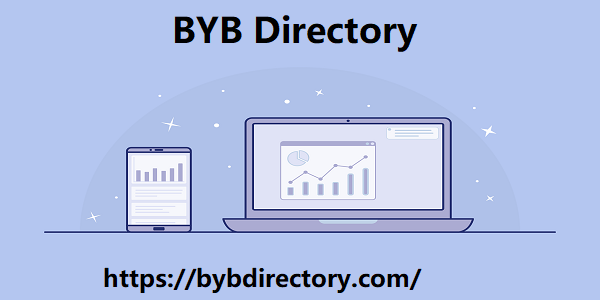Post by account_disabled on Mar 14, 2024 0:34:54 GMT -5
It's been two years since Apple planted the seed of a circular economy by pledging to make all of its devices with recycled or renewable materials. Jackson described how the iPhone maker quickly found that its grand ideal of avoiding components that require extraction is not only closing the loop on material resources, but also human resources. The tech giant prioritized eliminating conflict minerals and sourcing labor of dubious origin, due to the labor and supply chain difficulties involved. In this area, Apple has so far created its own recycled aluminum alloy for devices such as the Apple Watch, MacBookAir and iPad, and uses recycled tin in the solders of some logic boards.
Apple developed profiles of 45 materials based on their impact on the environment, society and supply chains, highlighting 14 of them for early action in the area of recycled or renewable supply sources. The leading company continues to aim to make all its products and packaging with recycled and renewable materials. So far, all paper materials are recycled, and plastics have been reduced by 58% in four years. The company is quietly making progress toward safer chemistry. In order to BYB Directory collect data on all the chemical substances that make up its products, it has information from 900 suppliers on 45,000 parts and materials. As much as we want to continue to engage in communities to try to raise standards using our purchasing power, we also have to be honest with ourselves and say that an alternative path needs to be shown.

Lisa Jackson, vice president of Environment, Policy and Social Initiatives at Apple. Be the first and the greatest Where Apple leads, others in the market pay attention. For example, it has so far pushed more than 70 of its suppliers to adopt clean energy, which Apple has fully implemented in its offices, data centers and stores without relying on offsets. The company's supply chain partners, of all sizes, are ready to do something different, Jackson said. We have seen what COVID-19 can do, or a crisis can do to a company that has not thought about resilience and sustainability. Apple can help by modeling and taking risks on technologies as well as ways of doing business, and quickly scaling them. Lisa Jackson, vice president of Environment, Policy and Social Initiatives at Apple.
Apple developed profiles of 45 materials based on their impact on the environment, society and supply chains, highlighting 14 of them for early action in the area of recycled or renewable supply sources. The leading company continues to aim to make all its products and packaging with recycled and renewable materials. So far, all paper materials are recycled, and plastics have been reduced by 58% in four years. The company is quietly making progress toward safer chemistry. In order to BYB Directory collect data on all the chemical substances that make up its products, it has information from 900 suppliers on 45,000 parts and materials. As much as we want to continue to engage in communities to try to raise standards using our purchasing power, we also have to be honest with ourselves and say that an alternative path needs to be shown.

Lisa Jackson, vice president of Environment, Policy and Social Initiatives at Apple. Be the first and the greatest Where Apple leads, others in the market pay attention. For example, it has so far pushed more than 70 of its suppliers to adopt clean energy, which Apple has fully implemented in its offices, data centers and stores without relying on offsets. The company's supply chain partners, of all sizes, are ready to do something different, Jackson said. We have seen what COVID-19 can do, or a crisis can do to a company that has not thought about resilience and sustainability. Apple can help by modeling and taking risks on technologies as well as ways of doing business, and quickly scaling them. Lisa Jackson, vice president of Environment, Policy and Social Initiatives at Apple.
